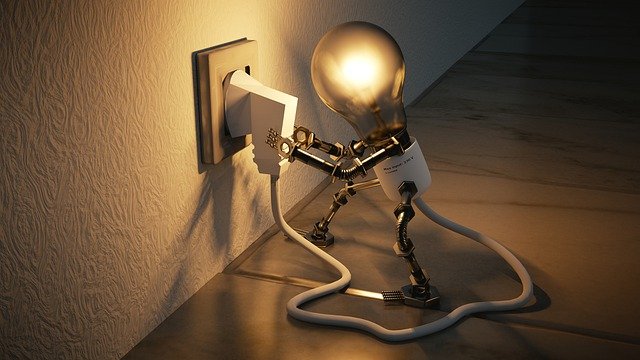
How to Prepare for an Emergency Power Outage
In an unforeseen crisis, does your business building or office or event have a backup plan? What if a significant storm hit your region with a huge loss of power? In emergency situations like these, you need to have a backup plan to keep the power going.
Blackouts and power outages because of environmental reasons like hurricanes or storms and extreme climatic conditions like snow storms, typhoons, twisters etc have multiplied since 2003, there’s great evidence provided by weather reports since.
Spontaneous disruptions, typically on electrical cables and wires, are what causes most power outages. Extreme climate can shut down a whole segment of the grid. The U.S. power grids have been gradually developing their load range and checking new designs for quite a long time so the capacity to deal with the increasing power load has enormously improved, but still, it’s not of much help when sudden power outages happen.
Practical errors and control mistakes can trigger a power shutdown, mismanaged coordination can over-burden the system and even trees falling can cause spontaneous damage. The dependability of the Transmission and Distribution framework is more complicated than only being able to deal with the power load.
Table of Content
Planning is the Best Bet Against Power Outages
The simple thought of a total blackout can be overwhelming for a business office, a commercial area or even an ongoing wedding event and can make us have an ‘it will never happen to me’ mentality. Whatever it may be, the possibility of a blackout- either because of climatic conditions, a man-made crisis, or a power outage -should never be ignored. The right time to plan is before a crisis – not afterwards. Being prescient in ensuring that your building or office is backed up before a blackout happens is an obvious necessity.
Get a Backup Power Plan in Place
Let’s say you haven’t put together a plan to prepare for a power outage, this is your sign to start making one. Study the system and work out any possible errors or faults that could occur and also the current weather conditions. To help with your planning, the following are a couple of central issues to note:
- You ought to have backup support at a very basic level by a power generator of some sort (petroleum gas or diesel) that is sufficiently big enough to provide power to your important systems.
- On top of having a basic power generator, you may also need to consider having a UPS for a sudden and short interval of power outages. A backup UPS system at Eaton could be a great option so that you don’t lose power to crucial functioning systems like computers and servers before the main generator starts working.
- Fuel Management Planning – in case of a blackout from a climatic condition like storms, knowing how long your existing fuel supply will allow you to keep the system going is the initial step. Refuelling and knowing how you will get fuel during a sudden blackout is also another important thing to consider.


